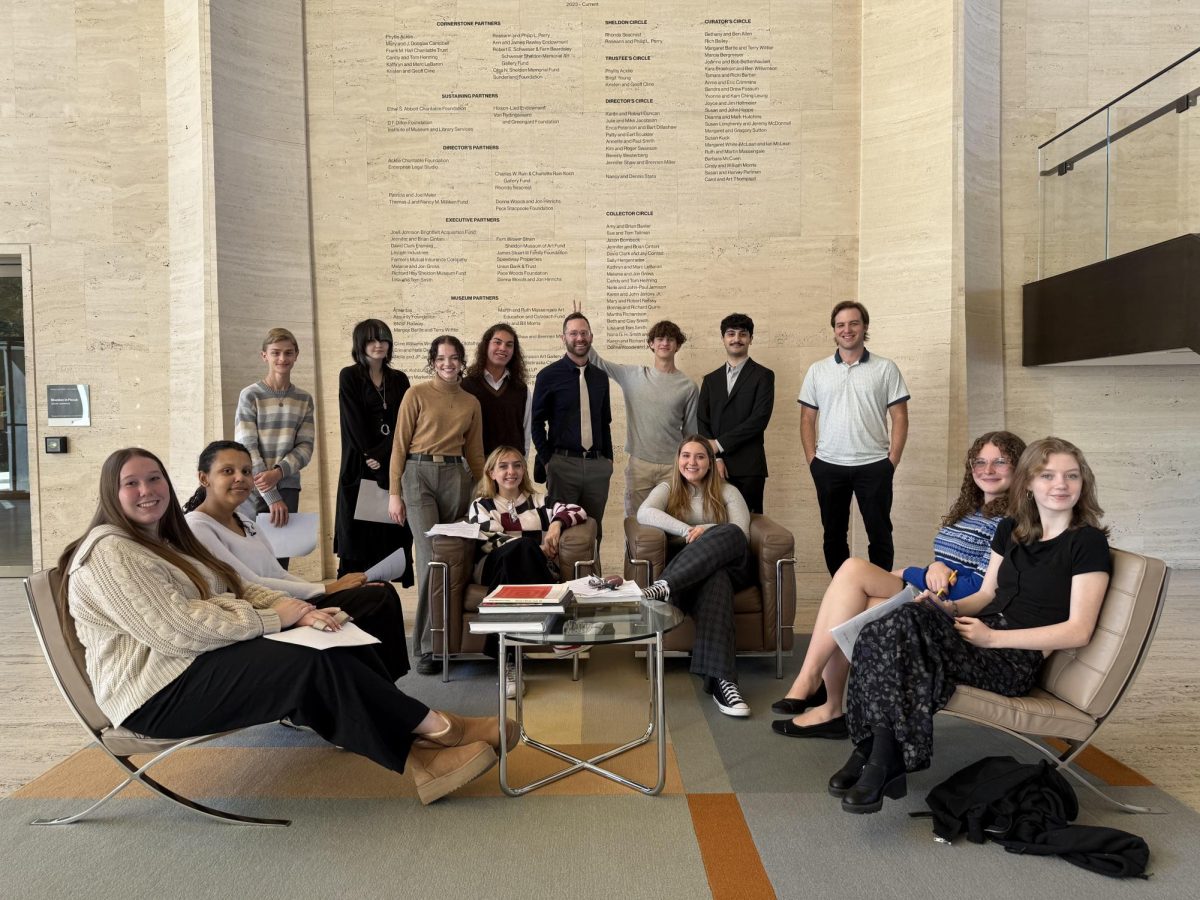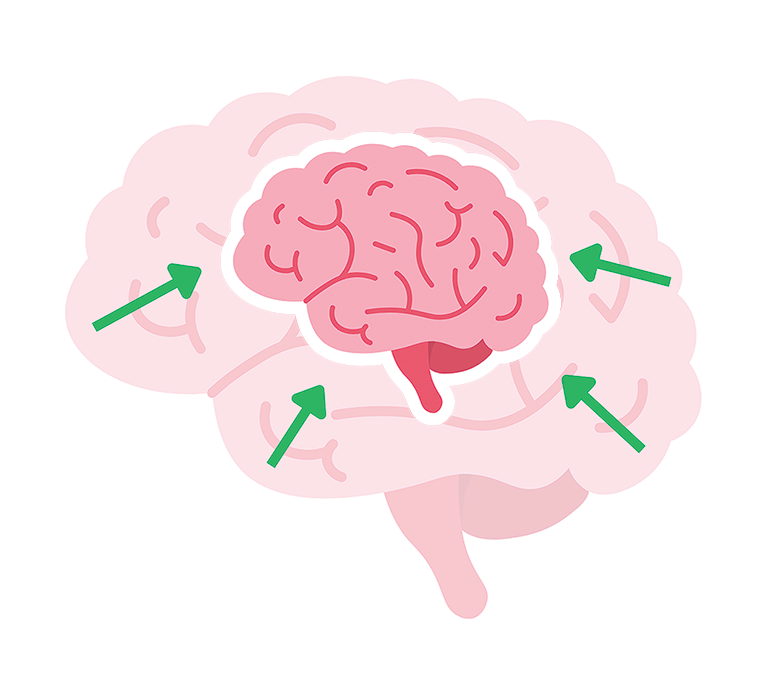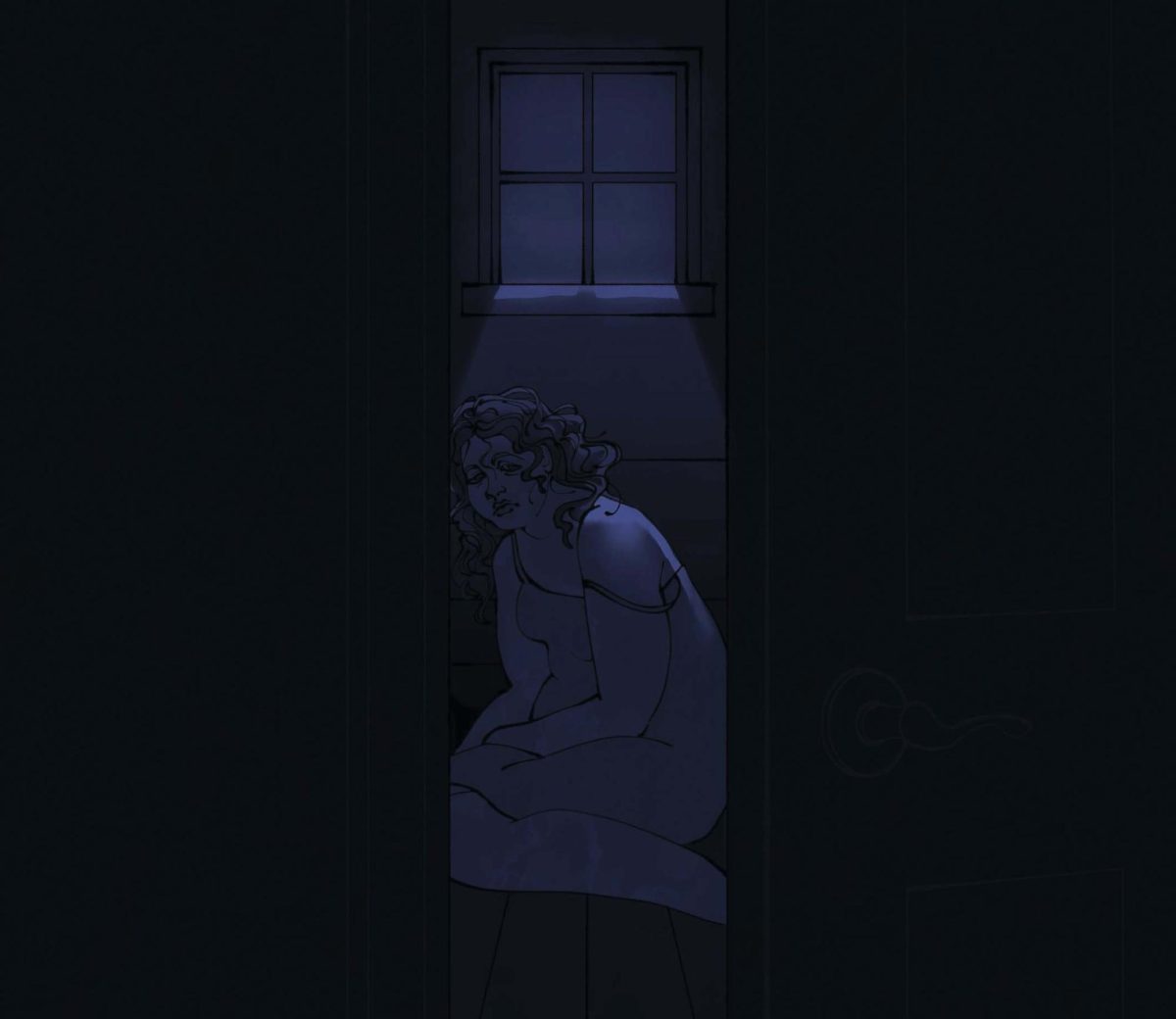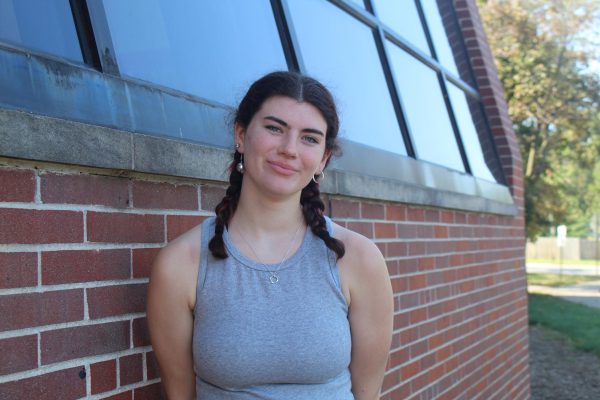Yawning, tired faces move slowly through the halls at 8 a.m.. The school day has just started and most of the students present at Southeast High School were up until any time from 11 p.m. to 1 a.m., some even later.
According to the Centers for Disease Control and Prevention (CDC), teenagers need 8-10 hours of sleep each day. They also say 7 out of 10 highschoolers don’t get the sufficient 8-10 hours of sleep each night, which increases risk for poor mental health and attention or behavioral problems.
Most high school students have a heavy homework load each night, on top of already busy afternoons and evenings. Many are involved in after school activities like sports or a job which leaves them doing homework late at night. This cycle is damaging to students during the day and disruptive to their sleep schedule at night. But is there an easy fix?
Instead of school starting at 7 a.m. or 8 a.m., it should be delayed until at least 9 a.m. In a poll of the Southeast student body with 95 total responses, 52 students indicated that they want school to start later. Most responses gave reasons to start school later such as more sleep in the morning, and more focused brains when school time does actually come around. But why are some still on the fence?
Twenty-two out of the 95 respondents said they wouldn’t want school to start later, one student saying, “[starting school later] would cut into people’s free time more than it would if it remained the same it is today. Less time for extracurricular (sports, theater, band, etc.), less time to socialize outside the school environment, etc.”
This is true but, in an article from itsnicethat.com – a website that focuses primarily on creativity – an article by cognitive neuroscientist Dr. Sahar Yousef states that, “[most] people will be better suited to schedule creative time in the late morning or afternoon, when most people physiologically have an afternoon dip.”
Since students are occupied pretty heavily during the day, they don’t really have a chance for their hormones to calm down enough for this creativity to flow until they are bored or about to fall asleep. However, if school started later, there’s a better chance for children to start their day with less stress, allowing room for more creativity to enter school with them. This could potentially result in an improvement in not just schoolwork but student creativity and a decrease in half-awake students in classrooms.
Delayed start times wouldn’t only be beneficial to teenagers in highschool, even middle and elementary schoolers would feel the difference. Although they have a lighter homework amount overall they still have to stay up to complete it sometimes. With students of every age feeling better at school, the school experience improves for all involved.
By delaying school start times by an hour, students are able to put their best foot forward for academics. LSE is already a place where learning and knowledge thrive. However, we should take the next step and improve the experience for our student body.


















